Irrigation Investment Policy: Does Scale Matter?
Irrigation has contributed to increased food production, lower food prices, higher rural employment, and overall agricultural and economic growth. It has been a key component of agricultural intensification and transformation in Asia and has the potential to take on the same role in Sub-Saharan Africa.
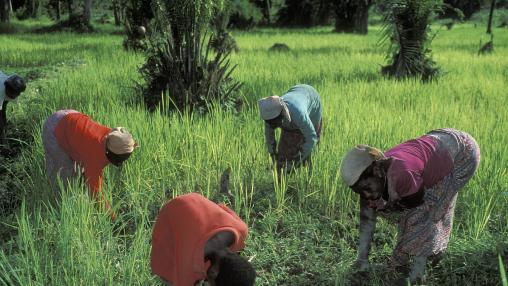
Contract Farming and Environmental Protection: Evidence from Ghana
Over the past three decades, contract farming has grown in popularity with policymakers and development practitioners throughout low- and middle-income countries. Under contract farming schemes, farmers and buyers enter into preharvest agreements regarding the production and sale of agricultural goods. Farmers are thus assured they will have a buyer for their product, and traders and retailers are guaranteed a supply of saleable goods.
Retail food prices at the country level and implications for food security
This policy seminar will explore what we know—and do not know—about how high global agricultural commodity prices and country-specific factors affect retail prices at the national level. Special attention will be given to countries suffering from acute food insecurity and those with a high dependence on imports.
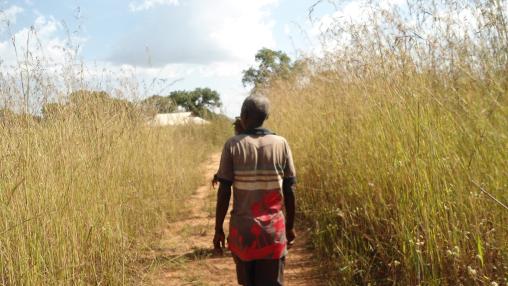
The Link Between Non-Farm Labor and Market Participation: Evidence from Ghana
In developing countries, rural non-farm labor is rapidly catching up with agriculture in socioeconomic importance. By engaging in non-farm labor—activities like handicrafts, small-scale manufacturing, construction, mining, quarrying, repair, transport, and petty trading—farmers can earn additional income outside of their farms. This income can in turn can be invested in household food security and in productivity-enhancing agricultural inputs. A study in Ghana published in Food Security also finds that participation in non-farm labor can also lead to greater participation in crop markets.
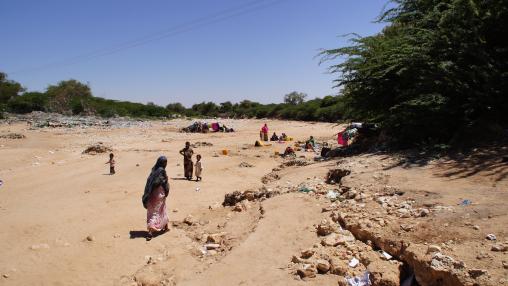
Climate and Economic Shocks Threaten Food Security in Horn of Africa
Since October 2020, the eastern Horn of Africa has experienced persistent extreme drought, According to a recent report released by FEWS Net. Extremely dry weather in October-December 2020, March-May 2021, and October-December 2021 has resulted in significantly reduced agricultural and livestock production. For example, in Somalia, the 2021 “Deyr” cereal harvest is expected to be as much as 70 percent below the 10-year average. The region has not experienced three consecutive dry seasons since the 1980s, and the trend has put food security at serious risk.
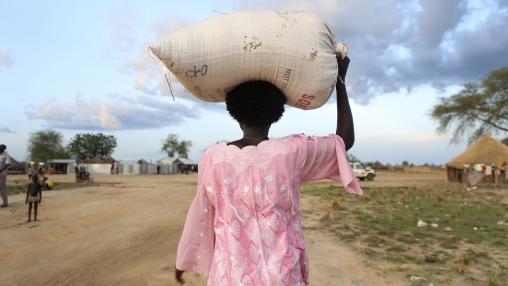
Acute Hunger Continues to Rise Globally: Global Report on Food Crises Mid-Year Update Released
Alarming levels of hunger and food insecurity are on the rise across the globe. According to the September 2021 mid-year update to the 2021 Global Report on Food Crises (GRFC), an estimated 161 million people in 42 countries/territories have faced Crisis-level (IPC/CH Phase 3) food insecurity or higher. This number is up from the estimated 155 million acutely food-insecure people reported by the GRFC for 2020.
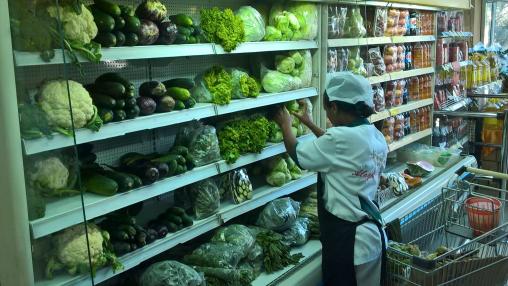
Can urbanization benefit rural populations?
Increasing urbanization plays a major role in shifting patterns of food supply and demand and thus in transforming food systems. These transformations carry significant implications for the livelihoods of rural populations, presenting both challenges and opportunities. A new paper published in Food Security examines some of these impacts in Africa south of the Sahara (SSA) and South Asia, as well as the enabling environments needed to help rural communities benefit from the changes.

Making the most of intra-African trade: Insights from the 2021 Africa Agriculture Trade Monitor
This post originally appeared on IFPRI.org
With the COVID-19 pandemic disrupting livelihoods, and the new African Continental Free Trade Area (AfCFTA) now beginning to influence food flows, agricultural trade in Africa is in a state of flux, with both challenges and opportunities. While AfCFTA implementation has begun, some crucial negotiations remain to be completed, and the full scope of its impact is not yet clear.
African Green Revolution Forum (AGRF) - Pathways to Recovery and Resilient Food Systems
IFPRI is participating in the African Green Revolution Forum 2021 (AGRF).
The AGRF 2021 Summit is a defining moment in highlighting and unlocking the political, policy, and financial commitments and innovations the continent has made and that it continues to work towards achieving. It is about advancing the commitments made at the Malabo Heads of State Summit and working hard to achieve the Sustainable Development Goals.
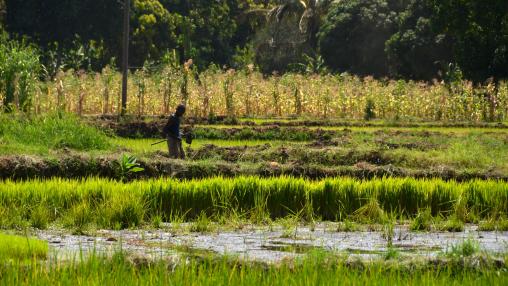
Africa Can Be Self-Sufficient in Rice Production
Every year, people in Sub-Saharan Africa consume 34 million tons of milled rice, of which 43 percent is imported. But the COVID-19 pandemic has greatly hampered supply chains, making it difficult for imported rice to reach the continent. Indeed, if immediate action is not taken, the supply shortfall will further strain the region’s food systems which are already impacted by the pandemic.